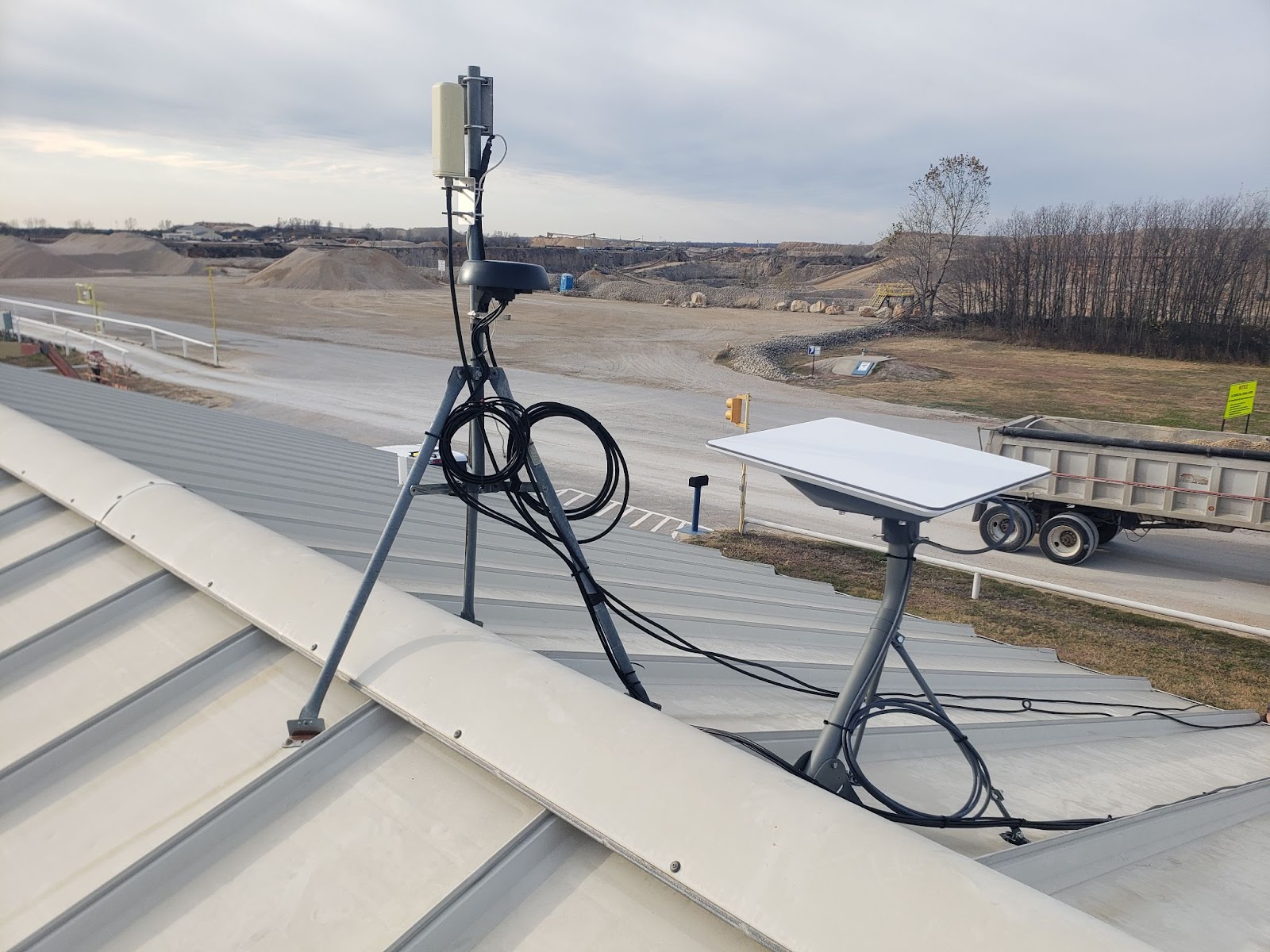Having fast and reliable internet isn’t just a luxury anymore – it’s a necessity. Whether you’re working remotely, running a business, streaming your favorite shows, or catching up with friends and family, internet connectivity fuels modern life.
Imagine being on an important video call with a client, and suddenly your internet lags or disconnects. Frustrating, right? A stable connection ensures seamless virtual meetings, uploads, downloads, and access to cloud apps.
Students attending virtual classes need uninterrupted access to resources, recorded lectures, and real-time discussions to perform well academically.
Buffering while watching a thriller kills the mood. Gamers also require low latency and fast speeds to avoid lags, which can ruin competitive gameplay.
From WhatsApp calls to virtual family gatherings, a strong connection keeps relationships thriving across distances.
Fiber internet is currently the fastest and most reliable type of internet. It uses fiber-optic cables made from strands of glass or plastic that transmit data as light signals, resulting in blazing speeds and minimal latency.

These cables contain thin glass strands bundled together, each capable of carrying data over long distances at the speed of light.
Unlike copper cables, fiber-optic cables are immune to electromagnetic interference, weather disruptions, and signal degradation, ensuring stable connectivity.
Assess your team or household’s usage to choose appropriate bandwidth for simultaneous devices and applications.
Check for Service Level Agreements (SLAs) that guarantee uptime to avoid critical disruptions.
Compare costs, hidden fees, and contract terms to ensure affordability and flexibility.
Responsive support teams are invaluable for troubleshooting and timely resolution.
Dedicated Internet Access provides a private, non-shared connection between you and your ISP, ensuring bandwidth is exclusively yours.
You “own” your bandwidth, meaning maximum speeds are always accessible, even during peak times.
Unlike shared networks, performance remains stable regardless of other users.
Downtime is rare, with most providers ensuring 99.99% uptime through robust SLAs.
Dedicated connections are harder to infiltrate, enhancing your data security.
Need more bandwidth? DIA connections scale seamlessly as your business grows.
Shared fiber connections are distributed among multiple users, meaning your bandwidth is shared with others in your area.
DIA guarantees full speed anytime. Shared fiber can experience slowdowns during peak hours.
Dedicated offers maximum reliability and strong security. Shared connections risk congestion and external access vulnerabilities.
Shared fiber is budget-friendly, while DIA demands a higher investment.
Shared connections deploy faster, whereas dedicated lines may take months to install due to custom builds.
Uses cellular towers to provide DIA-like speeds with low latency. Ideal for areas lacking fiber infrastructure.
Quick installation, mobile-friendly, and capable of up to 1 Gbps – great for small teams or backup connections.

Affordable and widely available but much slower than fiber or cable.
Fast and budget-friendly, though speeds vary with neighborhood usage and it lacks SLA guarantees.
Accessible anywhere, even in remote locations, but prone to high latency and weather disruptions.

Uses radio waves for point-to-point connections, offering up to 10 Gbps speeds for inter-site connectivity.
Check if the service is accessible in your area.
Determine your peak usage needs based on team size and applications.
Estimate monthly and annual data needs to avoid throttling or extra charges.
Balance costs with service quality and long-term value.
For mission-critical businesses, guaranteed uptime is a priority.
Choose solutions that can grow with your business demands.
Both shared and dedicated fiber connections have their place depending on your business size, usage intensity, and budget. While DIA provides unmatched performance and security, shared fiber serves businesses with moderate requirements at lower costs. Additionally, alternatives like FWA, LTE/5G, and microwave links offer practical options for specific needs or regions lacking fiber.
High-quality internet is vital for every aspect of modern life, from business operations to daily entertainment. Dedicated fiber offers the pinnacle of reliability and performance, while shared fiber provides a cost-effective solution for many. Evaluate your needs, explore alternatives, and choose wisely to empower your goals.
If you’re evaluating internet options or curious about what truly fits your needs, give it a read. And hey – if you want recommendations for your office connectivity or critical internet setups, shoot us an email anytime at sales@metrowireless.com. We love geeking out about this stuff and making sure your team stays connected at top speed.

Tyler Hoffman
CEO
